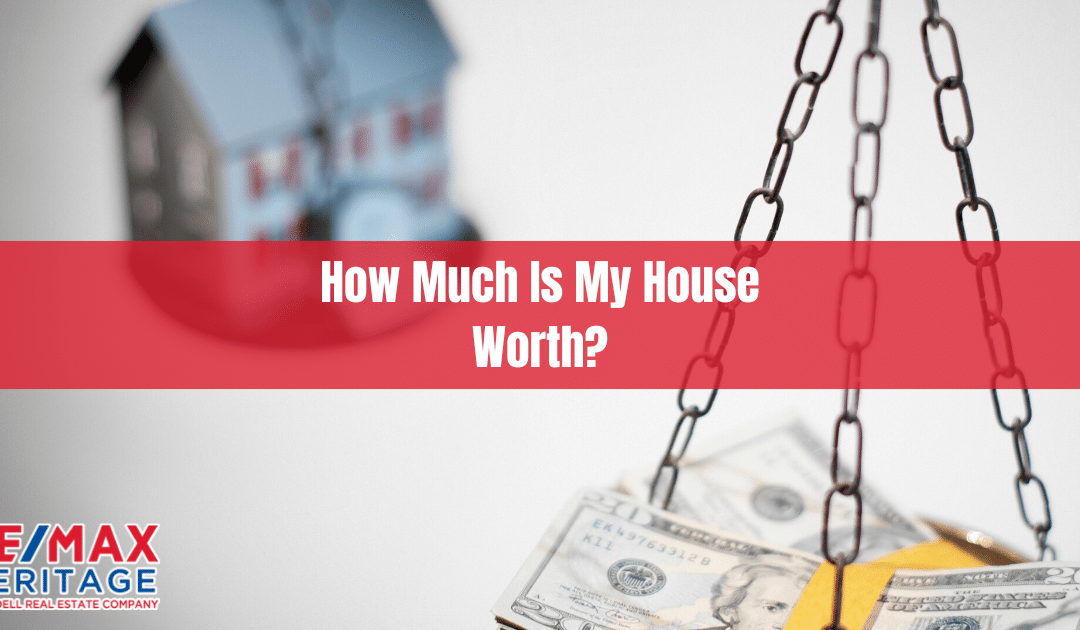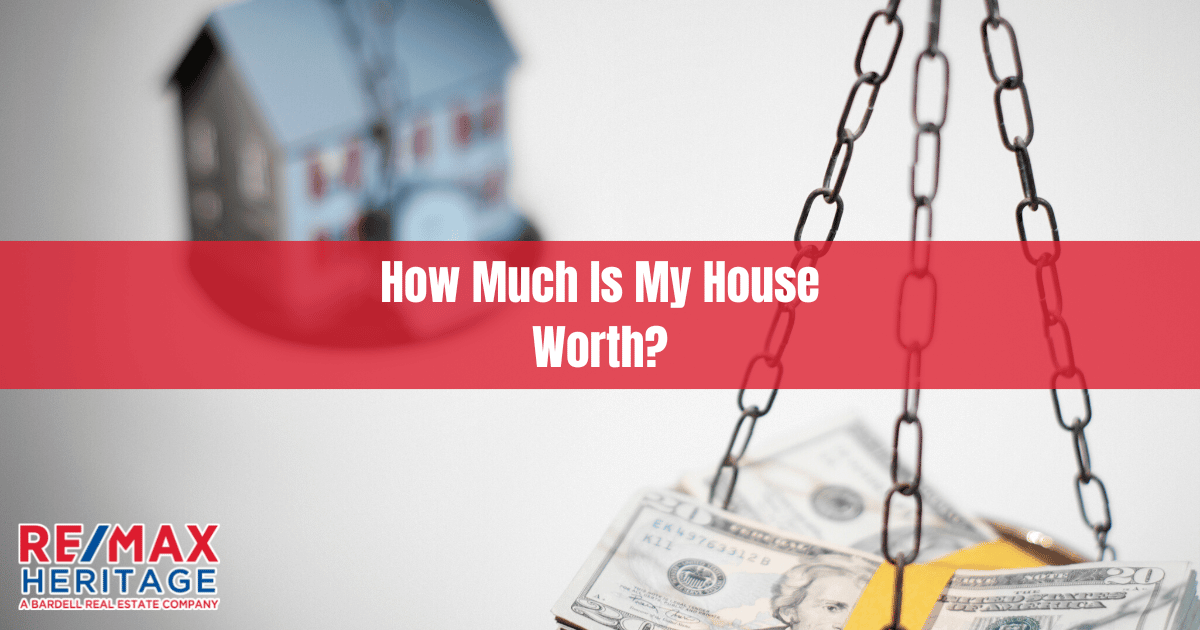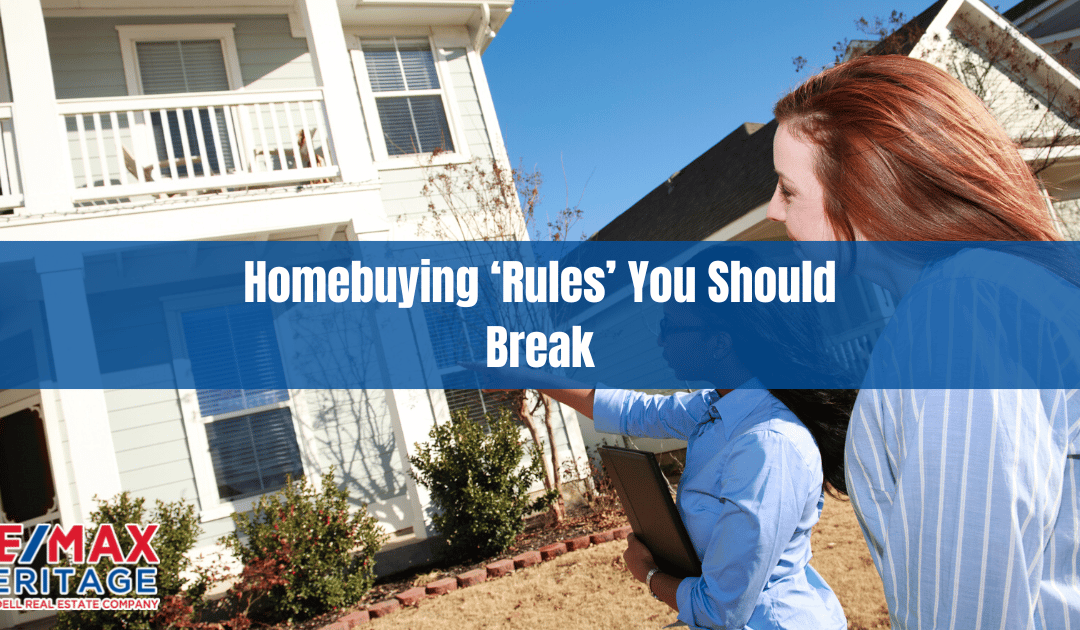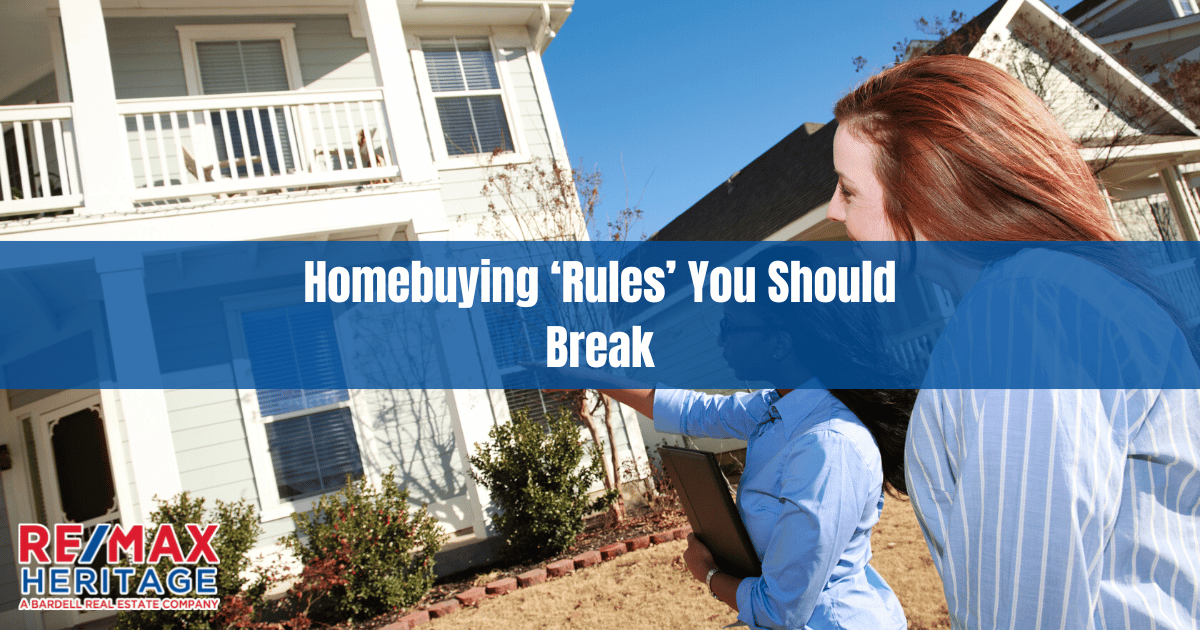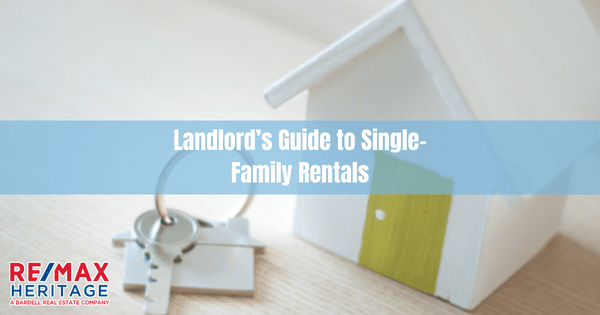Homebuying ‘Rules’ You Should Break
It’s been a mad, mad world the past few years, and that very much includes the real estate market. But the times, they are a changin’—yet again. And the good news for potential homebuyers is that the “anything goes” rules of the COVID-19 pandemic housing market frenzy are lifting.
While we have yet to reach homeostasis—where buyers and sellers have equal power—there are signs of a more balanced real estate exchange.
In fact, even with rising interest rates and inflation, a recent survey by fintech mortgage lender Lower found that nearly 6 in 10 potential homebuyers (56%) felt that right now was the right time to buy a house.
How is that possible? While higher interest rates mean some potential buyers will find themselves unable to qualify for a mortgage, this cooling demand benefits the buyers who are still out there, giving them m
ore options—and a little more negotiating power.
Granted, exactly how much power buyers have will vary by location—certain stubbornly hot markets will remain a struggle. But the prevailing winds are blowing a bit more in favor of buyers these days. As such, many of the crazy rules you were hearing (and likely following) during the past two years of real estate pandemonium no longer apply.
To help you reset for this new world, here are some of the pandemic-era real estate rules that are now OK to break.
During the pandemic, if you hesitated on a house, someone else would very well scoop it up on the spot. Today, however, there may be a little more time to think before you make an offer.
“In the past couple of years, you’d need to put an offer in within hours of seeing a home,” says Elizabeth Sugar Boese. “And while inventory is still low, there are a lot more homes available on the market than throughout the pandemic since 2020. This has provided buyers an opportunity to actually shop around.”
Realtor.com® Chief Economist Danielle Hale agrees, saying that homes are taking longer to sell this year than last. (Listings currently linger 50 days—7 days longer than a year earlier.)
“In general, you likely have more time to make an offer, although that’s certainly not a guarantee,” says Hale. “If you’re on the fence about a home or its asking price doesn’t quite fit your budget, you might want to keep an eye on it, and if it doesn’t sell right away, you may have some room to negotiate with the seller.”
In fact, Boese recently worked with clients who fell in love with a home.
“We wanted to put an offer in right away, but also wanted to buy it for less than list price—so we waited a month,” says Boese.
After a month, it was still on the market, which meant her buyers could also break another cardinal pandemic rule.
2. ‘Prepare to pay way over the asking price’
Boese’s clients were eyeing a home listed for $1,100,000—though their budget was $1,000,000. While lowballing by $100,000 would have been laughable a year earlier, Boese knew it could work today, so they gave it a try.
“We explained that the market had shifted, the home needed a lot of updates, and we were willing to do the renovations but also had an eye on several other properties,” says Boese. “The sellers accepted without any counteroffer, and it appraised for the list price. Instant $100,000 equity.”
This story proves that buyers no longer need to pay over the list price to get the house. In fact, Realtor.com data shows that the share of homes with price cuts has reached nearly 20% today, up from 11% a year earlier.
“With the housing market shifting, it’s really not necessary to go all in on a home in an effort to win the bid, unless it’s in an area that is still hot,” says Jason Gelios, author of “Think Like a Realtor.” “In fact, currently I have more buyers offering less than the asking price because there aren’t many
buyers.”
3. ‘Once you’re pre-approved for a mortgage, you’ll know what you can afford’
During the pandemic, interest rates were at historic lows. So when people got pre-approved for a mortgage, they could probably assume it would hold once they found a home they wanted to buy.
Today, however, the wild volatility of mortgage rates means that what homebuyers could afford to buy could vary from one week to the next.
As a result, Hale recommends regularly “stress-testing” your budget by running the numbers on a wide range of possible mortgage interest rates so that you can be prepared no matter what happens.
“Recent mortgage rates have been moving up and down enough to impact home shopping budgets in a big way,” says Hale.
In other words, pre-approval is no guarantee; make sure to check again at current interest rates before making an offer that is within your financial reach.
4. ‘Waiving contingencies is worth the risk to get the house’
During the peak of COVID-19, many homebuyers were waiving contingencies left and right. From forgoing home inspections to adding appraisal waivers, buyers were putting themselves in a risky position just to win a bid on a home.
“At the height of the pandemic, one of our buyers—an older single lady—was in fierce competition with other buyers for a small cottage that was over 100 years old, and we advised her she would have to waive all inspections and contingencies in order for her offer to be competitive,” says Colleen Gustavson Brownell. “She did exactly that and ended up with the winning contract.”
Fortunately, in this case, the property proved not to have any major issues.
“The risks this buyer had to take in order to buy her dream cottage luckily worked out in her favor,” says Brownell. “But under normal circumstances—such as today’s rapidly shifting market—we would rarely advise any buyer to waive home inspections because there is too much risk involved.”
Contingencies not only protect homebuyers, but can also bolster their borrowing power.
Tan Tunador, a senior loan officer with Atlantic Coast Mortgage, in Loudon County, VA, recently worked with a couple who couldn’
t qualify for a mortgage without selling their current home.
“I asked them why they didn’t make their offer contingent upon the sale of their home, and they had no idea that they could even do that today,” says Tunador.
The couple submitted a new offer with the home sale contingency, which was enough to get the deal done.
“For more than two years, we’ve seen no home sale contingencies,” Tunador explains. “Now, my team has six loans in process with this contingency.”
5. ‘Don’t dare ask a seller for concessions’
During the pandemic, asking a seller for concessions probably meant losing the deal. But now that mortgage rates have topped 6%, asking for a little financial help is no longer verboten.
“The pandemic rule was ‘do what the seller wants.’ But now, more and more buyers are asking for price concessions, closing cost assistance, and scenarios buying the interest rate down,” says Tunador. “In the DC metro area, we are seeing homes sit on the market longer and buyers not being afraid to ask for concessions or price discounts.”
6. ‘You’ll need 20% down on a conventional loan’
High down payments were one of the ways potential homebuyers won competitive bids during the pandemic. That left some extremely qualified buyers who were being more conservative with their funds in a tough spot.
For example, during Chicago’s red-hot market, real estate agent Brian Kwilosz had highly qualified buyers who could afford to put down 20%, but preferred to put down just 5%, allowing them plenty of funds left over for renovations later on. They ended up losing several bidding wars.
“Finally, we had the lender issue an additional approval letter stating they were qualified for a 20% down conventional mortgage and were just as qualified as our competition,” says Kwilosz.
That did the trick: “They successfully purchased the home with 5% down,” he says.
Fortunately, today’s homebuyers don’t need to take such extreme measures to prove their worth to sellers.
“During the pandemic, sellers were not even considering lower down payment conventional loans, let alone FHA or VA,” says Kwilosz. “Now, we are having much more success getting our VA and FHA buyers under contract.”
Experts in Residential Real Estate in Orlando
If you are buying or selling real estate it’s quiet often the single most important financial decision you make. For the last 30 years we have helped clients buying and selling property in Orlando and the surrounding areas. Put simply, this means the knowledge and expertise accumulated over this time ensures our clients get the best representation possible.
Our experienced agents will help and guide you through the entire process providing valuable support every step of the way.







